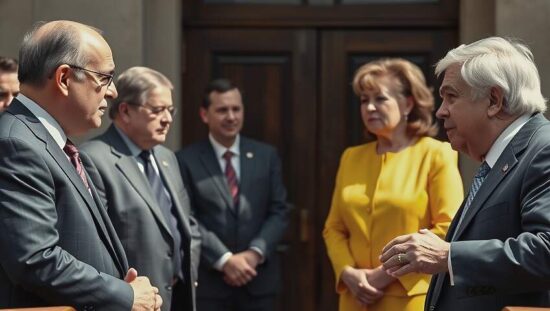German Chancellor Friedrich Merz of the Christian Democratic Union (CDU) has pledged renewed support for Turkey’s long-stalled bid for European integration, a move drawing immediate scrutiny and raising complex questions about the EU’s strategic goals and its commitment to democratic values. During a meeting with Turkish President Recep Tayyip Erdoğan in Ankara, Merz affirmed the German government’s commitment to keeping Turkey “closely aligned with the European Union” and pledged to advocate for a strategic dialogue on the issue within the EU.
Erdoğan, echoing the ambition for full EU membership, stated that Turkey expects the European Union to adequately recognize its commitment to this objective, suggesting that tangible progress could be achieved relatively quickly if the EU reciprocates. He relayed Turkey’s expectations directly to Merz.
While acknowledging the symbolic importance of re-engaging with Turkey, Merz’s assurances are tempered by a tacit recognition of ongoing concerns. He conceded that recent Turkish policies have “not yet met the standards” regarding the rule of law and democracy as understood within the European framework. The resumption of a strategic ministerial dialogue, the revival of the Joint Economic and Trade Committee (JETCO) and the scheduling of a renewed defense industry forum signals a desire for deepened cooperation, but these steps are fraught with potential political pitfalls.
The Kopenhagener Kriterien, which serve as the benchmarks for accession, explicitly mandate adherence to fundamental principles including respect for human dignity, freedom, democracy, equality, the rule of law and human rights. Critics will undoubtedly question how seriously the EU is assessing Turkey’s compliance with these criteria, particularly given Erdoğan’s increasingly authoritarian tendencies and recent crackdowns on dissenting voices and political opposition.
The move risks fueling accusations of a pragmatic and potentially compromised, approach to European foreign policy. While proponents argue that maintaining a dialogue with Turkey is vital for regional stability and economic cooperation, others warn that embracing Ankara without unwavering insistence on democratic reforms could undermine the EU’s own values and integrity. The renewed commitment represents a high-stakes gamble, demanding rigorous scrutiny of Turkey’s actions and an unwavering commitment from the EU to upholding its fundamental principles. The effectiveness of the strategic dialogue and the sincerity of the commitment to reform, will ultimately determine whether this overture strengthens or further compromises the EU’s long-term strategic interests.





